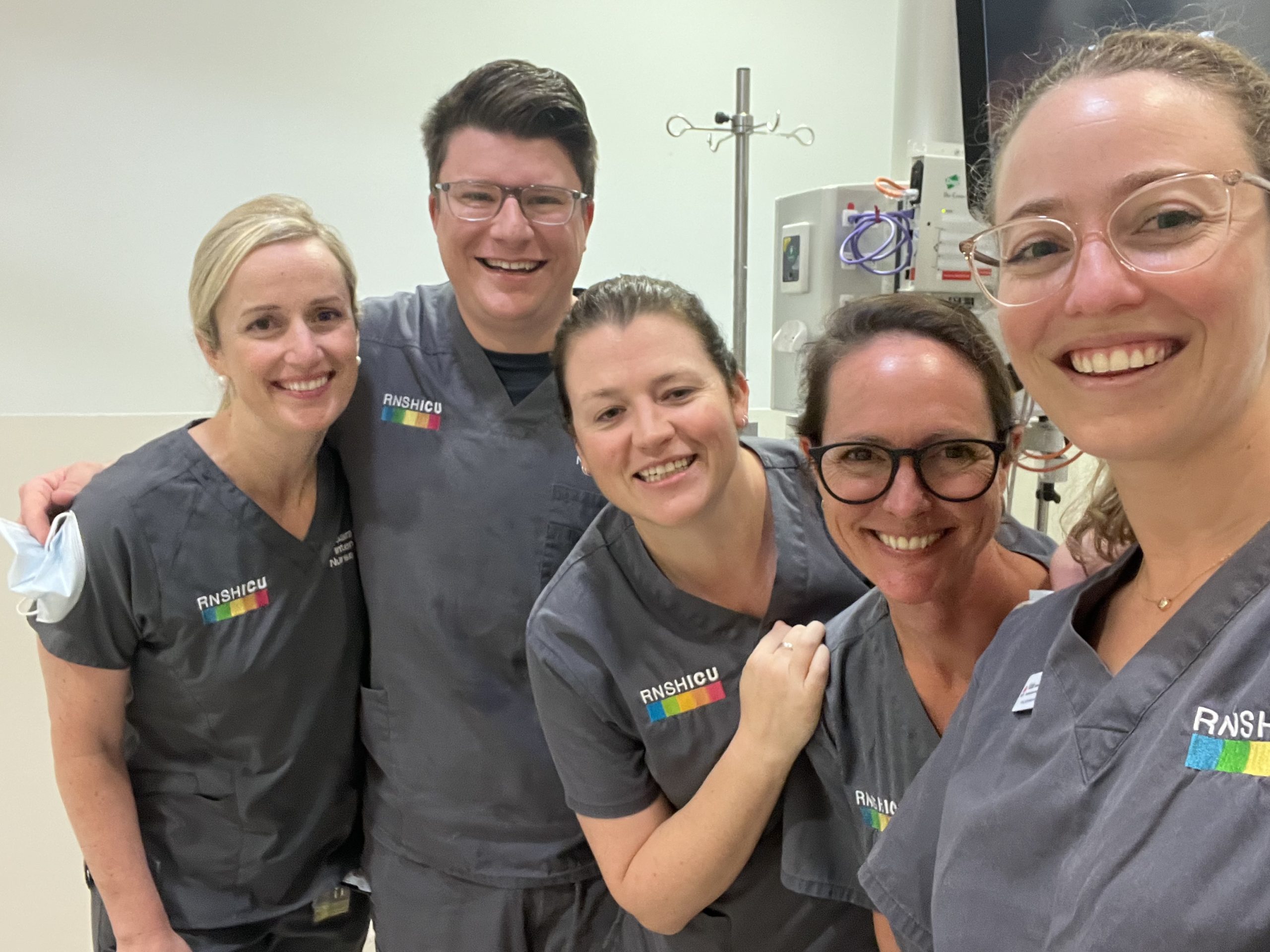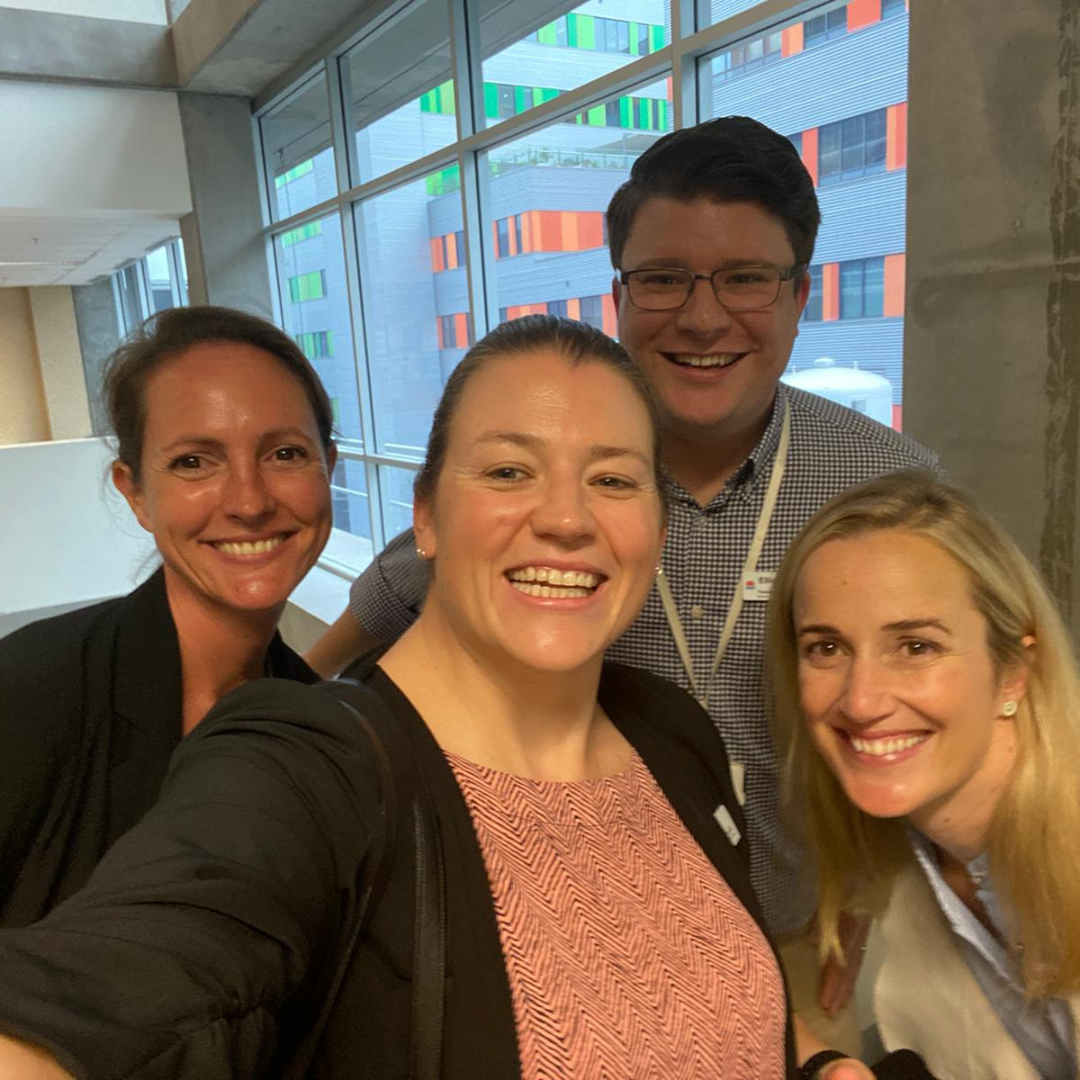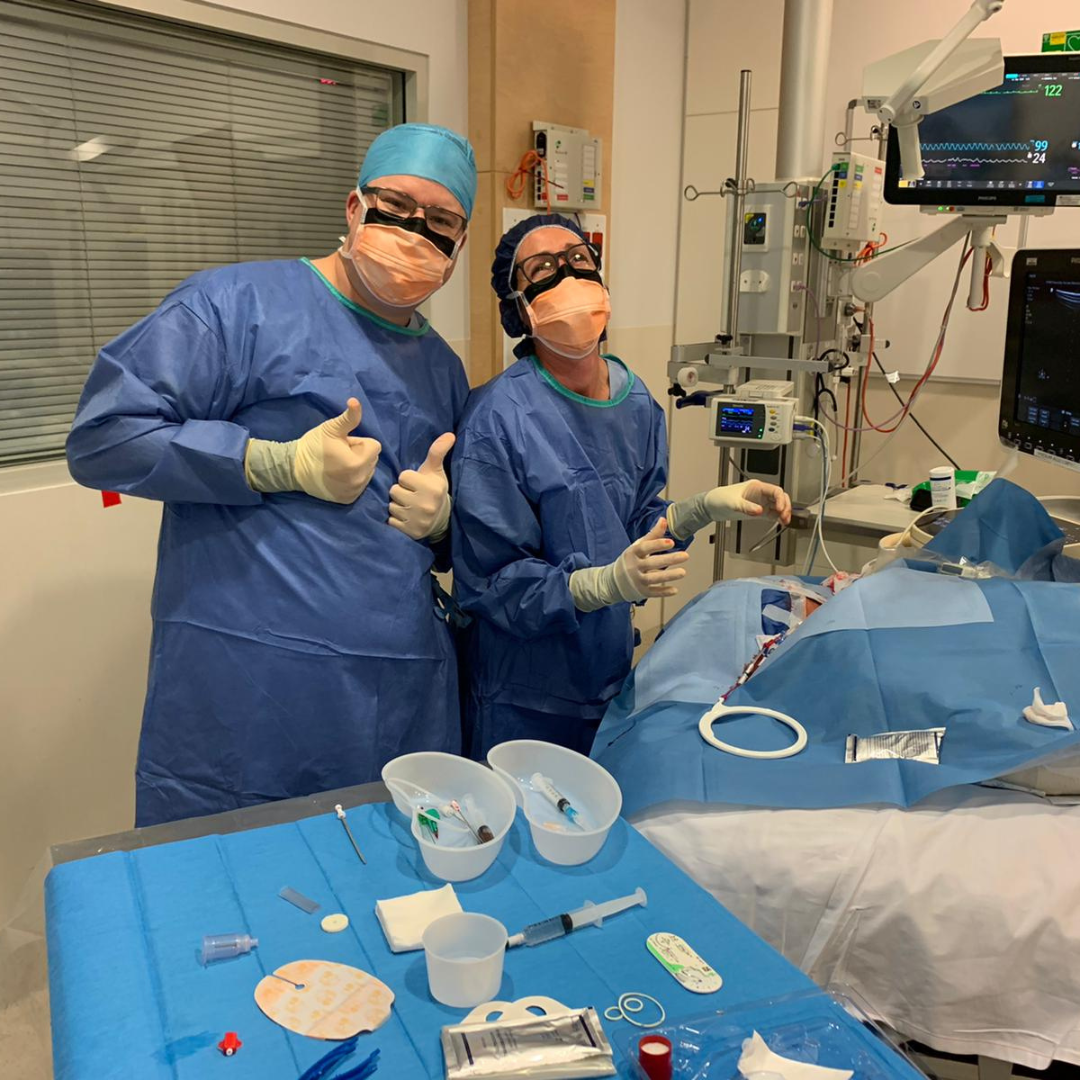Although well-established internationally, nurse practitioners (NPs) within an Australian adult intensive care unit (ICU) are rare. There are fewer than 10 in Australia, with five of them currently working at Royal North Shore Hospital (RNSH) and there is a clear need to create more of these roles to meet emerging demand.
In 2015, the ICU NP role was implemented at RNSH ICU. The role has expanded since this time to focus on four key areas which may have traditionally been seen as the role of a doctor. These core areas include: tracheostomy management, vascular access, transfer of the ventilated patient within the hospital, and case management. The ICU NP service plays a pivotal role in the management of complex ICU patients, impacting the length of stay and reducing stress for staff and patients.
RNSH is motivated to become the first hospital in Australia to implement an NP led case management program and a fellowship style training program for adult ICU NPs. A program of this nature will allow NPs to train at RNSH, broaden and refine their skills before taking these learnings back to their own communities.





